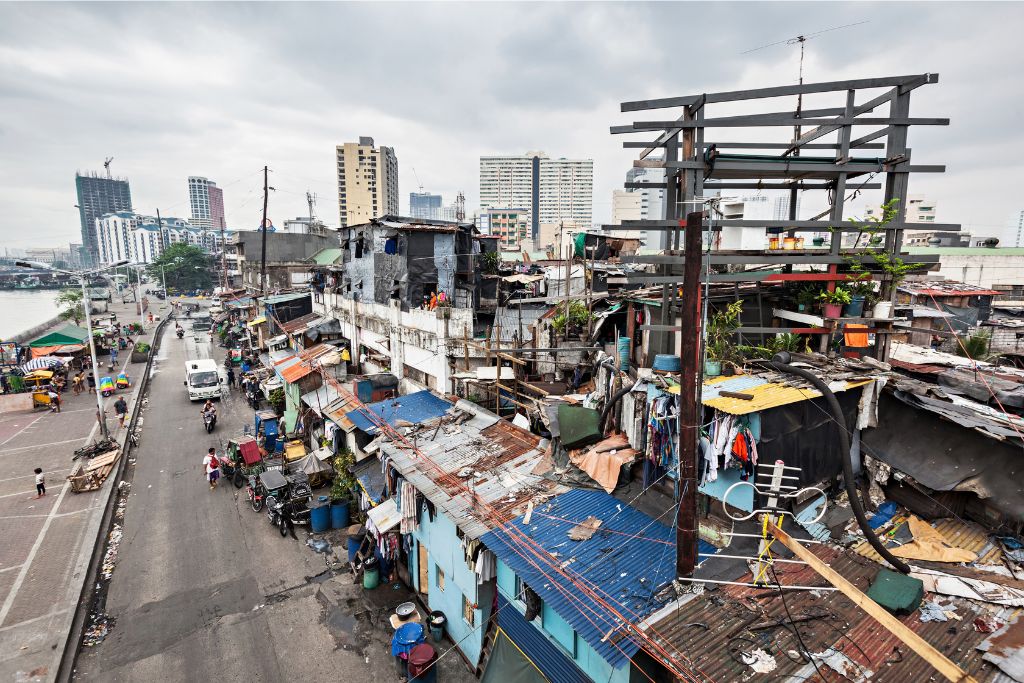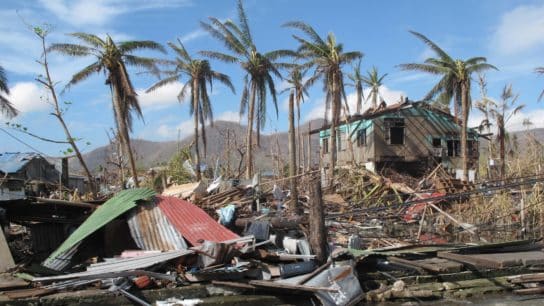Numerous challenges keep people from buying houses but climate change is one of the most significant barriers. It affects current and future homeowners in multiple ways. Explore how climate change and the housing crisis are related so you can better understand your future if you are planning on buying a house.
—
Climate Change Is Destroying Housing
People might shrug at the idea of their summers becoming warmer, but that is not the only way climate change affects their lives. It is also destroying homes in these ways, which makes the housing crisis a widespread problem.
Here are 7 ways in which climate change and the housing crisis are related.
1. Hurricanes Are Intensifying
Carbon dioxide traps heat in the atmosphere. The heat warms the air, which gathers more moisture and sends it to rain systems. Hurricanes become more intense from the increased atmospheric water content, warm oceans, and hot air. It is one reason why scientists predict there will be more Category 4 and 5 storms in the 21st century as a direct consequence of global warming.
Hurricanes have intense winds and can cause catastrophic flooding. Either or both factors can wipe away residential communities, creating local housing crises throughout hurricane season.
2. Wildfires Last Longer
Desert biomes become drier when climate change makes the atmosphere warmer. It makes those areas more susceptible to supercharged wildfires. They burn through the extra dry environment and become more challenging for wildfire-response teams to control.
Researchers found a 246% increase in residential structure loss due to wildfires when they looked at data from 1999 through 2020. Instead of financial instability displacing people, they lose their homes to more frequent and powerful wildfires that leave them with nothing.
3. Flooding Sweeps Homes Away
Warm air melts polar ice caps and sends the melted water into the ocean. It causes rising sea levels that eventually force coastal communities inland over time. It also makes flooding more frequent because waterlines need less rainfall to climb over riverbanks into residential areas.
A hurricane and a standard summer thunderstorm pose more risk to houses in flood-prone areas. Continual water damage decreases each home’s value, which depends on factors like structural integrity and the work put in to repair it. If global warming makes a property worth less yearly through weather events like flooding, people will eventually not be able to sell their homes and move to better housing.
4. Global Warming Is Slowing Residential Builds
New homes are more challenging to build in a world affected by the climate crisis. Natural disasters disrupt the shipment of supplies, delaying builds in areas that need more homes.
The delays also make the materials more costly. First-time homebuyers and those from economically disadvantaged communities may be unable to afford housing when home costs start at higher prices due to expensive materials.
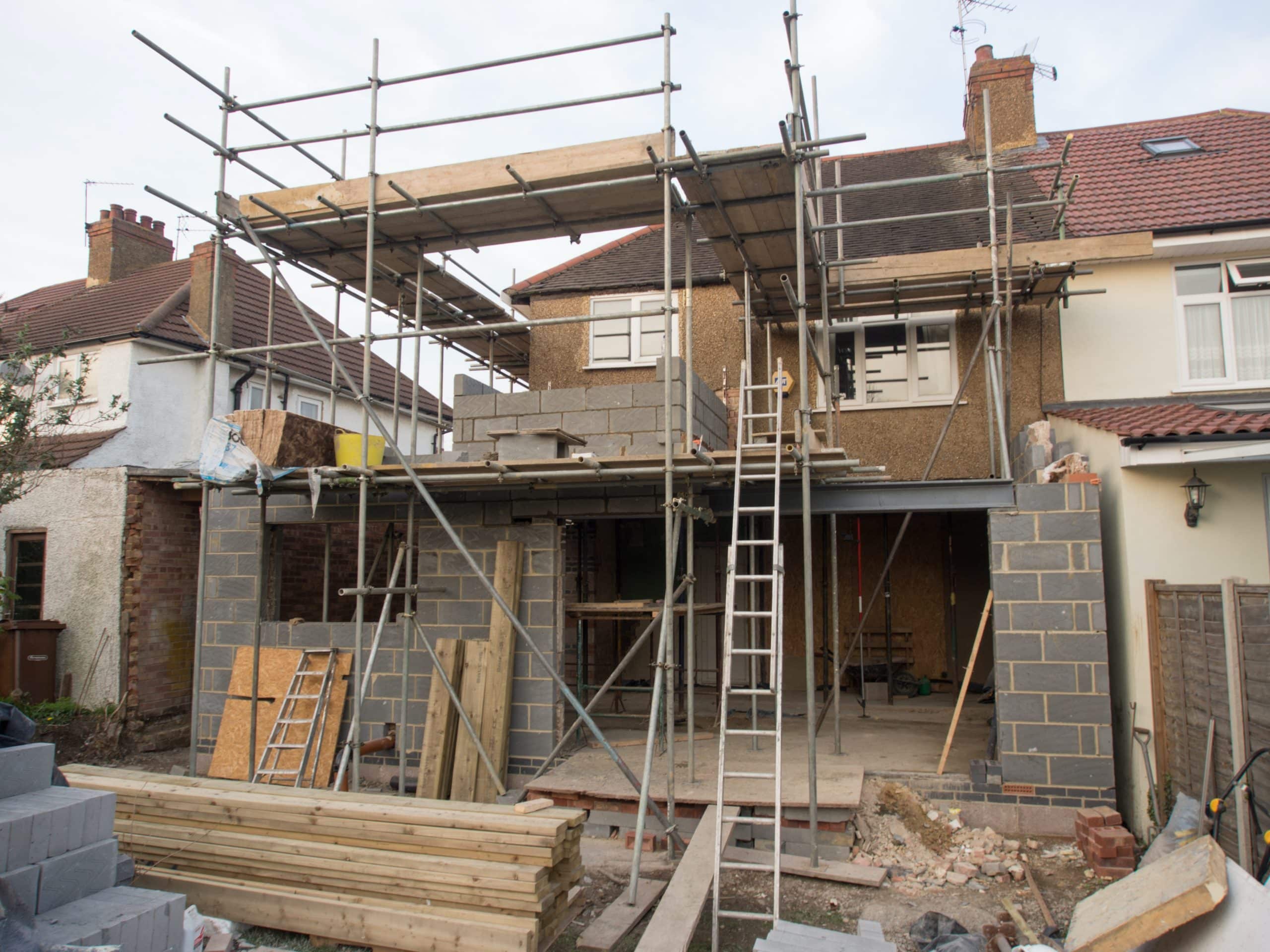
Photo: Brett Jordan/Unsplash.
You might also like: 5 Ways the Construction Industry Is Getting Greener
5. Less Housing Increases Rental Fees
Less affordable houses and more frequent fees associated with rebuilding after weather damage make people turn to rental units for their living arrangements. The higher demand incentivises landlords to increase their rental prices. It is partly why 23% of renters paid 50% or more of their income on housing costs in 2020.
Renting is becoming so costly that people are boarding with people they do not know or living longer with their families. A recent survey found one in three young adults in the US. is still living or moved back in with their parents. The situation in Europe is not much different. In 24 of the 29 European countries studied, more than one in three adults aged 18 to 34 lived in their parents’ home in 2021, according to the statistical agency Eurostat. The ability to buy and maintain homes is a significant part of that decision.
6. Extreme Weather Systems Make Insurance More Costly
Home insurance provides money to repair or replace your belongings after an emergency. Global warming events like hurricanes and wildfires happen more frequently, which makes insurance companies pay more for client home repairs.
In response, businesses increase the prices of their home insurance plans. In 2021, the average homeowner paid US$1,312 in home insurance for their $250,000 house. More costly houses require more expensive insurance plans.
Many mortgage lenders require an active home insurance policy before buyers can obtain a loan and close on a house. If people cannot afford the higher insurance fees related to climate change, they will have more difficulty getting the housing they need. Home insurance also does not cover every potential impact caused by global warming.
The housing crisis prevents people from becoming homeowners because they may need multiple active insurance policies, depending on where they live. Indeed, flood, fire, and earthquake insurance is separate from standard home coverage policies.
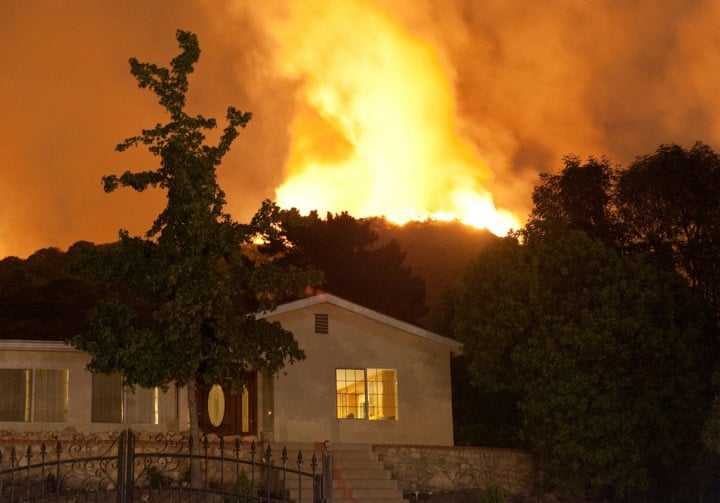
Photo: Anthony Citrano.
7. Intensified Weather Limits Working Potential
People may not think about the ability to work when they picture the housing crisis, but it is a foundational factor. Hotter temperatures mean outdoor workers cannot be on the clock for as many hours as they used to. They have to start earlier in the day and quit earlier due to scorching afternoon temperatures.
Heat also makes long-term employment less likely. Employers stand to lose $44 billion annually due to their employees slowing down in the heat and taking more breaks. They will always have the option to fire the least productive team members.
When people lose their jobs because their bodies cannot miraculously adapt to the effects of climate change, they struggle to afford their housing arrangements or save enough money to upgrade their homes.
A similar issue affects those working in supply chain positions. Delayed shipments due to climate change-induced extreme weather events result in a reduction on the number of employees needed to operate production and processing factories. Employers let people go because they do not have enough work for everyone. This only perpetuates the economic ripple effects of climate change that keep the housing crisis going.
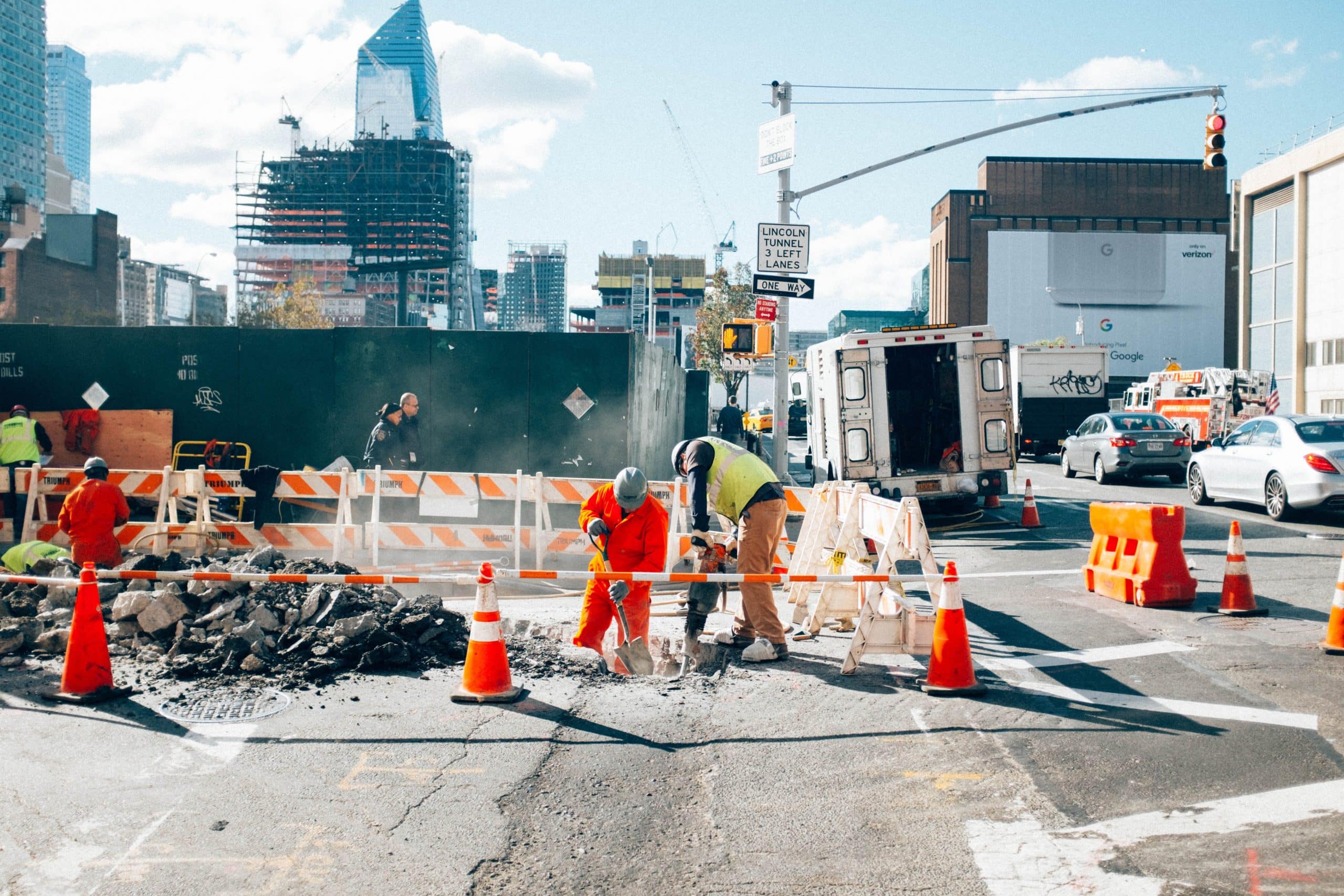
Employers stand to lose $44 billion annually due to their employees slowing down in the heat and taking more breaks. Photo: Nicolas J Leclercq/Unsplash.
Conclusion
The climate crisis and housing crisis relate because one affects the other. Extreme weather systems make the housing market more complicated in numerous ways. By strategising ways to address both, we can guarantee access to affordable, long-term housing to more people.




